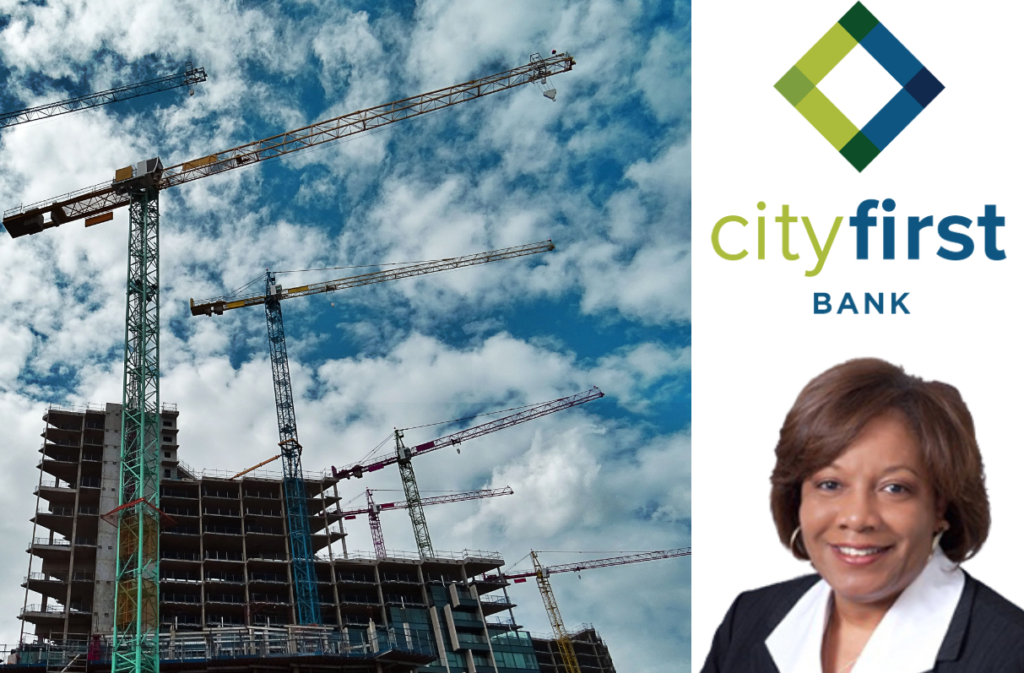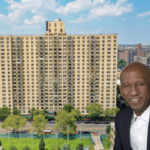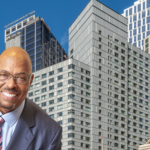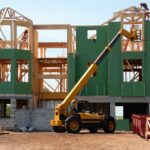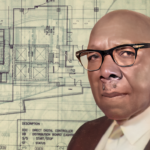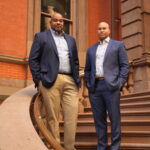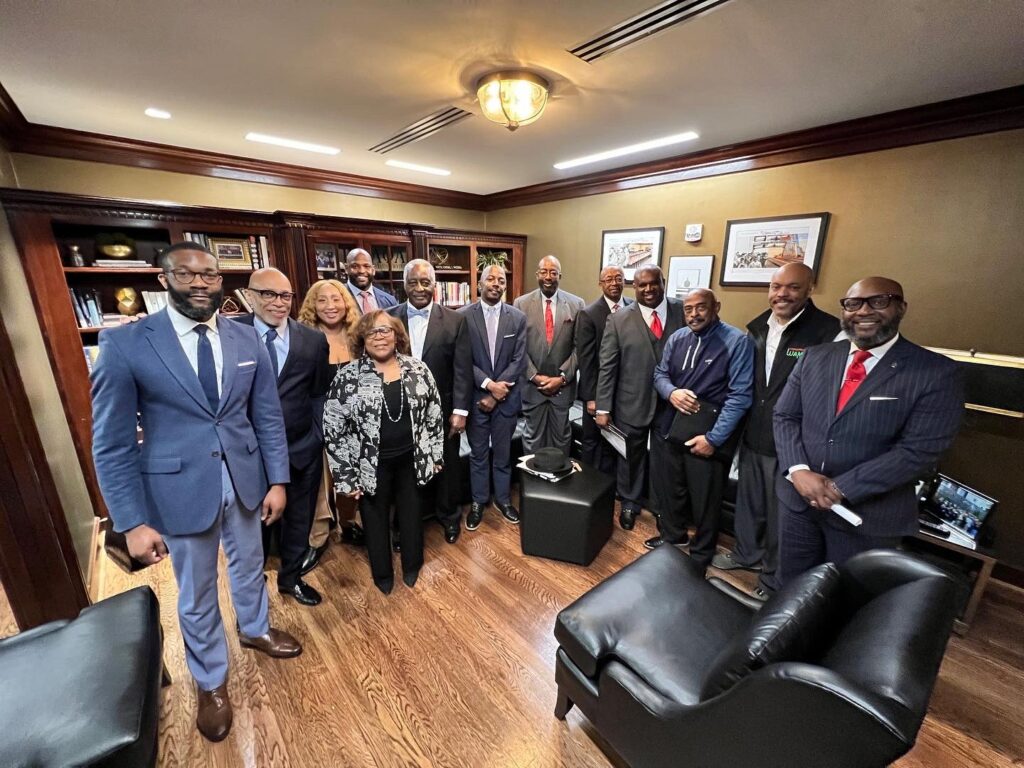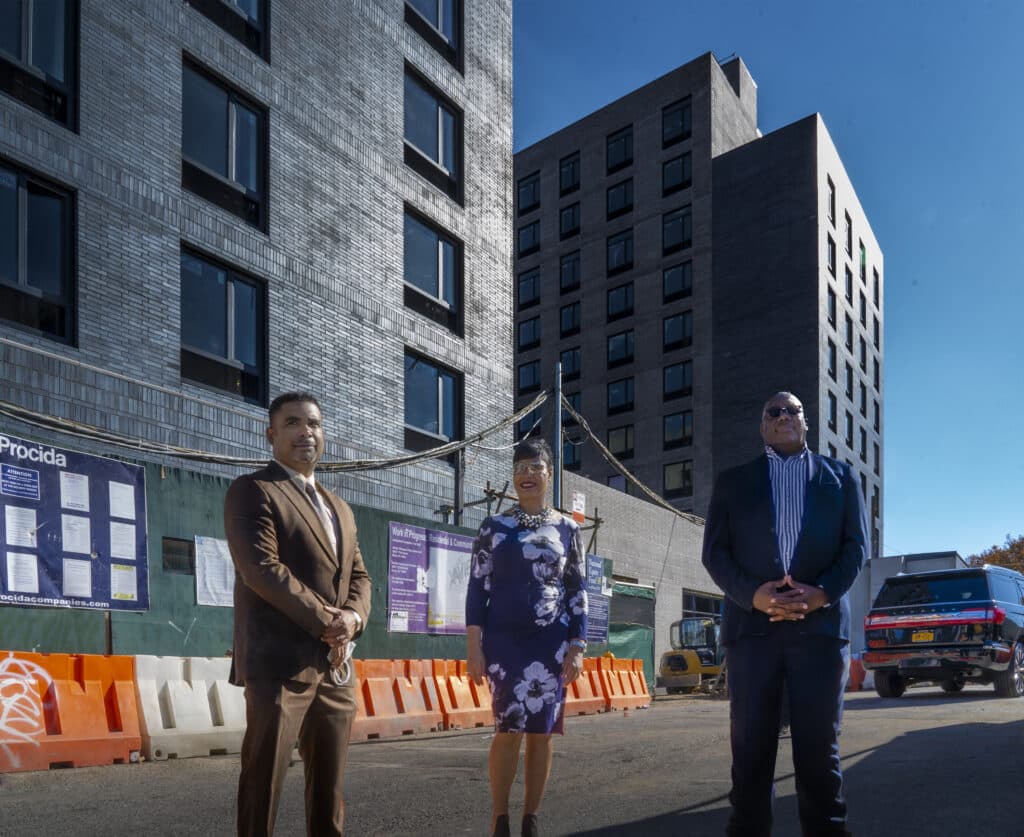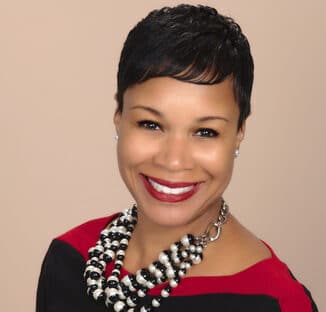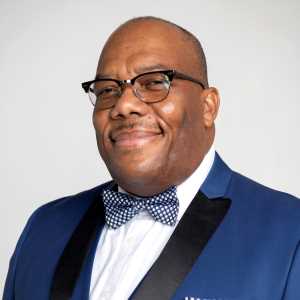“Black Voices in Real Estate LA/DC” conducted a bi-coastal virtual panel this past Black history month featuring various real estate, banking experts, and Black newspapers.
This virtual panel, conducted by City First Bank, the leading, Black-led bank in the U.S. and Housing Finance Agency, sought to strategize on the role of black developers in closing the racial wealth gap.
Purpose of the Panel
The panel brought together “top developers and other community development partners working on strategic initiatives that help increase economic mobility for Black Americans, specifically supporting Black developers.”
This partnership included “America’s Historical Black Newspapers that aimed to bring awareness to the “origins of the racial wealth gap dating back to the reconstruction era.”
The first panel was moderated by Micha Green of The Afro.
Panel participants included:
- Shironda Evans, Blue Sky Development
- Micha Green, AFRO D.C. Editor
- Kenyan McDuffie, DC Council Member
- Danny Bakewell, L.A. Sentinel/ LA Watts Newspaper
- Kymber Minketit, Keller Williams Capital Properties
- Harvey Yancey, H2DesignBuild
- Omar Karim, Banneker Ventures
- Don Peebles Jr. III- Legacy Development
- Tom Nida, City First Bank
- Sonja S. Wells, City First Bank
And many others.
Sonja S. Wells of City First Bank, the only Black chief lending officer in D.C., opened the discussion, introducing the panel.
She noted that the individuals and organizations on the panel are “leading centers of influence and pioneers in D.C. and L.A.’s commercial real estate scene who are engaged in community economic development.”
“They are primarily leading the development of the urban landscape by producing tomorrow’s affordable housing mixed-use real estate and community facilities to create opportunities for minority contractors’ employment as well as homeownership for low to moderate income communities.”
Key Takeaways:
Black developers are focused on community economic development:
Sharonda Irving of Blue Skye Construction and Development welcomed viewers to the Forum and shared several of her organization’s community initiatives that have successfully helped vulnerable members of the DC community. Her company is one of a few Black-native DC commercial real estate development firms, responsible for the development of many impactful projects.
One imminent project is a part of the Hill East neighborhood of Capitol Hill, which contains twelve thousand square feet of retail space, outdoor seating, and 100 units for the District of Columbia permanent supportive housing program.
This program “provides housing and workforce training opportunities to aid individuals transitioning from homelessness to permanent housing, and these units will all be affordable at 30% percent Area Median Income (AMI). In addition, it is designed “to help to stabilize women and families who had previously been experiencing homelessness and housing insecurities.”
Blue Skye is also focused on hiring local DC contractors and working with CBE (Certified Business Enterprises within the District of Columbia.
History of Racial Wealth and Housing Gap in America:
Micha Green stressed, “The United States of America has had a long history of discrimination toward African Americans in lending zoning, home ownership, and infrastructure development. These practices have resulted in a racial wealth gap in which Black wealth accounts for only about five percent of white wealth even though black incomes average about 60 percent of white annual income.”
The discussion included a Fireside Chat between Tom Nida, EVP of City First Bank, and Kenyan McDuffie, DC Councilmember and Chair of the Economic Development committee.
This chat included a visual timeline and breakdown of the history of the racial wealth gap in American housing dating back to 1865 and continuing throughout the end of the 19th century to the 20th century.”
Nida and Mcduffie broke down the history and discussed where we are today.
“It is the role of elected officials to acknowledge the challenges that exist in housing,” said Kenyan McDuffie.
It was stressed that systemic measures needed to be put in place that helps people own homes but also own commercial real estate. They noted that many minority business owners are doing well but don’t own the real estate they operate in, and policies and funding are being put in place by DC Mayor Muriel E. Bowser to ensure that these opportunities are present and expanded.
Closing the knowledge gap:
This compelling fireside chat was followed up by the main event featuring the leading Black developers from DC and LA as well as funding partners committed to supporting the Black developer ecosystem. Danny Blakewell of The LA Sentinel and LA Watts Times moderated the panel.
The candid conversations focused primarily on addressing the communities’ needs, how to forge more significant partnerships within the community, what struggles developers were facing, and more.
Eloquently stated during the discussions is the fact that “if you don’t understand the rules of the game, you’re never going to win it.”
“This unique peer forum shed light on the viable opportunity to invest in the often overlooked sector of Black real estate developers who are intentional about creating socio-economic impact as part of their mission. City First is proud to present the top Black developers in the country for this powerful thought-leadership roundtable. We hope that the first-hand knowledge shared with thousands of viewers nationwide will ultimately help close not only the knowledge gap in community development finance, but ultimately help close the persistent racial wealth gap in America.” said Gloria Nauden, City First Bank Vice President of Marketing and Communications, who served as the forum curator.

